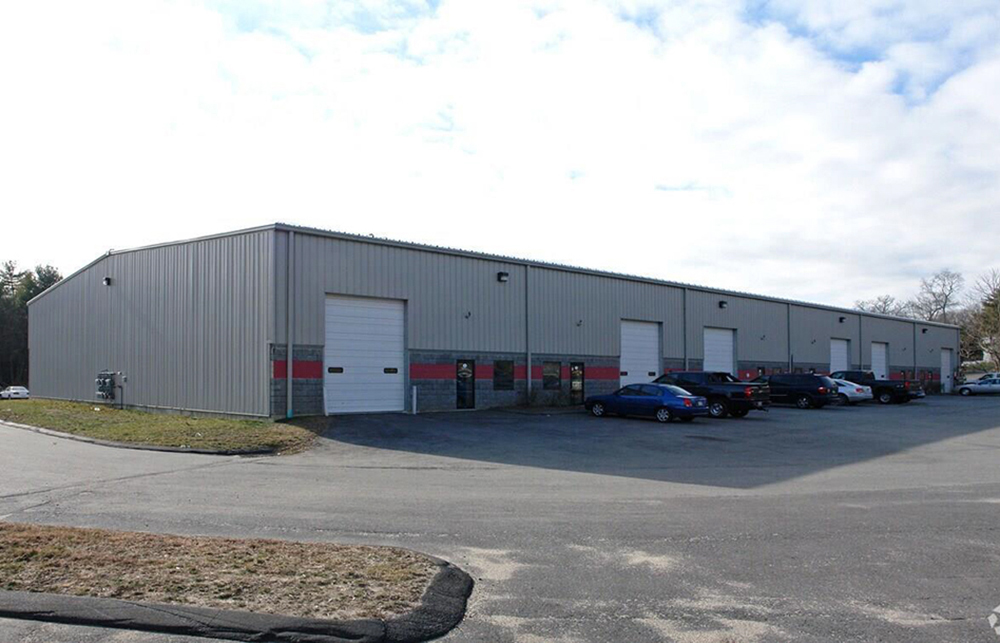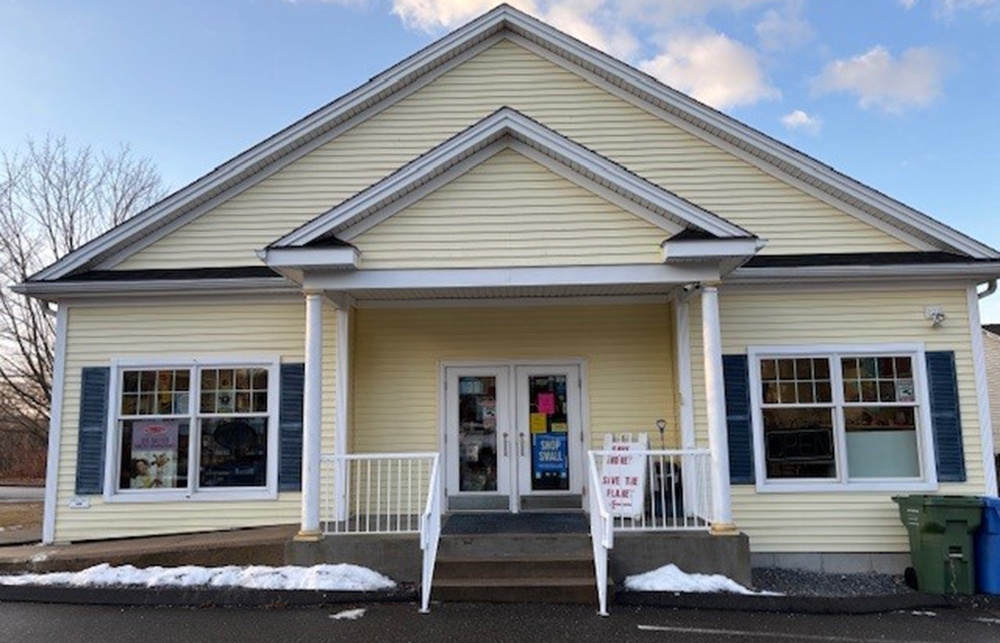Retail / tariffs / uncertainty and (still) opportunity - Carol Todreas

As new tariffs continue to impact the global economy, retail businesses and investors are grappling with heightened uncertainty. From new high tariffs to supply chain issues to evolving consumer behaviors, continual changes are making it as or more challenging than the pandemic years. Yet, amidst this turbulence, there are new openings and opportunities, especially for those ready to adapt and innovate, according to the numerous retail newsletters on the internet.
One notable example is J.Jill, the women’s apparel retailer, which has recently announced plans to open 25 new stores. This move comes as a surprise given the widespread trend of store closures in recent years. However, J.Jill’s decision to expand reflects a broader shift in the retail landscape — belief in physical stores and their ability to reach and understand their customer, especially when combined with strong digital strategies and community-focused engagement.
On the other hand there is Forever 21, which filed for bankruptcy for the second time in six years and closed all its U.S. stores. Instead of this closure being a harbinger of doom, high end malls such as Burlington Mall see the closure as an opportunity to bring in new retailers at higher rents. So far, not only class A malls are coming back with new concepts and attractions, but now developers are starting to turn to lesser well located, class B malls to reconceive them and provide space for the many retail businesses standing by for vacancies. Will this desire for space continue when the tariffs settle in? None of the retail gurus have weighed in on any predictions yet.
Tourism has been a very important part of the retail sector with many malls attracting customers from all over the world, but now with the tariffs much of that market is predicted to disappear. Even the US tourism is expected to plunge. According to Tourism Economics, U.S. travel spending is expected to be 3.7% lower than originally predicted, resulting in a $64 billion loss. Malls that have relied on tourism must recalibrate their strategies. However, this could be an opportunity for local businesses to step in and fill the gap, particularly those that offer unique products or experiences that appeal to both locals and visitors alike.
In an era where e-commerce is becoming increasingly more attractive, there’s still room for innovation in brick-and-mortar retail. It is now well known that consumers seek personalized experiences, something that larger, more impersonal chain stores often struggle to provide. Local retailers can respond to this demand by emphasizing community engagement, offering sustainable products, and building strong, loyal customer bases.
The shift towards omnichannel retail also presents new opportunities. Small businesses that seamlessly integrate online and offline experiences can tap into a larger customer pool while maintaining their unique, personalized touch. Whether it’s offering online ordering with in-store pickup or hosting virtual shopping events, local stores now have digital tools to thrive in an increasingly techno-centric world.
The retail sector faces more than its fair share of challenges with budgetary problems, job cuts, supply chain issues and who-knows-what with tariffs to name a few, but there remains reason for optimism. National retailers like J.Jill are proving that physical stores still have value, while local businesses can find success by focusing on the needs and desires of their customer base. For all retailers, the key to success lies in adaptability, innovation, and staying true to what makes their brand special. For property owners, government officials, and developers the key is to be flexible with all things retail, such as rents, taxes, space and configuration, environmentally sustainable public spaces, adequate parking for bikes and cars, and business friendly one-stop shops for leasing.
We are entering a new and different world for consumers and businesses. Yet, let us not forget that from a tax perspective businesses pay more than residents, plus retail is important to building community. We need retailers. They are imaginative, innovative, and dynamic. They will manage to overcome the challenges and in one way or another regardless of the worrisome global economy they will find ways to keep consumers shopping!
Carol Todreas is a retail consultant for The Todreas Group, Cambridge, Mass.
RapDev leases 17,587 s/f at 501 Boylston St. - lease brokered by JLL


End of the year retail thoughts - by Carol Todreas

Newbury Street: Boston’s timeless retail gem thrives in a modern era - by Joseph Aquino
Boston’s iconic Newbury St. continues to thrive as one of the most vibrant and compelling retail corridors in the United States. Nestled in the heart of the Back Bay, this historic St. has evolved into a powerhouse of high-St. retail, where luxury meets lifestyle and legacy brands coexist with up-and-coming names. With its European charm, diverse architecture, and unmatched foot traffic, Newbury St. remains a dynamic reflection of Boston’s energy, culture, and economic strength.

Retail / tariffs / uncertainty and (still) opportunity - Carol Todreas
As new tariffs continue to impact the global economy, retail businesses and investors are grappling with heightened uncertainty. From new high tariffs to supply chain issues to evolving consumer behaviors, continual changes are making it as or more challenging than the pandemic years. Yet, amidst this turbulence,

Placemaking and retail in 2024 - by Carol Todreas
Placemaking. That is the word for 2024. While the concept has historical precedence in urban development, it became part of our current culture in the 1960’s when urbanists started to think about cities for people, not just cars.









.png)
